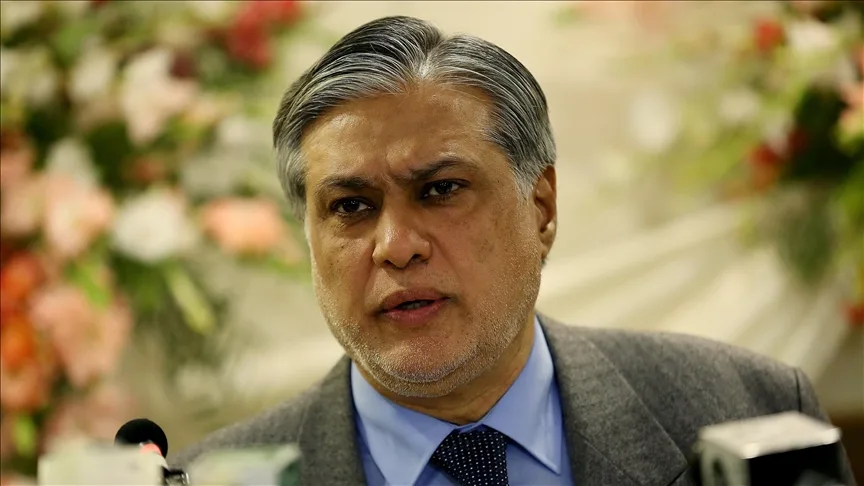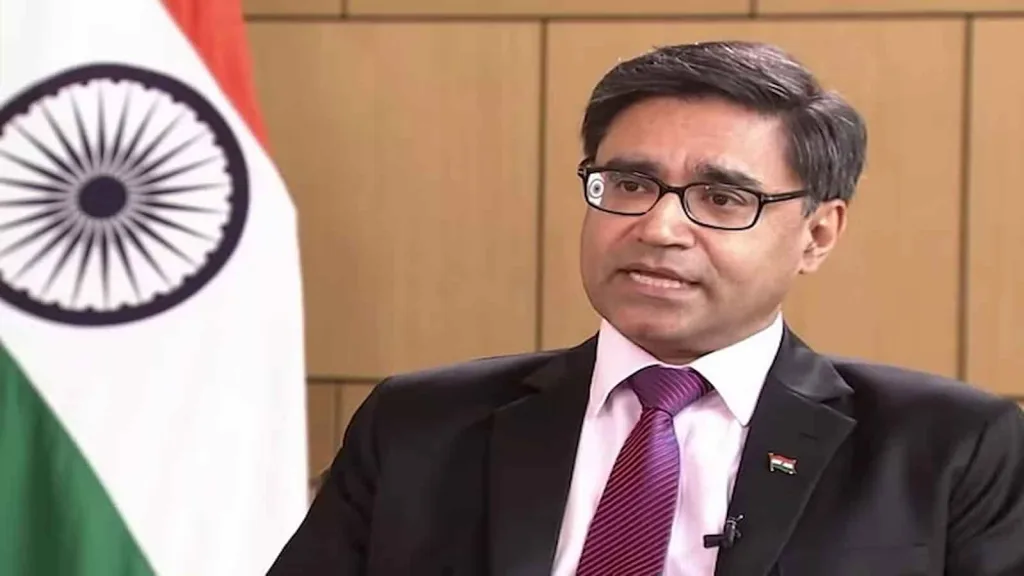ISLAMABAD/NEW DELHI, May 11 –
Pakistan and India have reached an agreement on a ceasefire, bringing an end to four days of intense military exchanges between the two nuclear-armed neighbors. The announcement was made on Saturday, following diplomatic engagements aimed at de-escalating tensions along their borders.

Pakistan’s Deputy Prime Minister and Foreign Minister Ishaq Dar confirmed that the ceasefire would take effect immediately, emphasizing the country’s commitment to regional peace and stability.
“Pakistan has always strived for peace and security in the region, without compromising on its sovereignty and territorial integrity,” Dar stated.
He noted that multiple international stakeholders, including the United States, Turkey, and Saudi Arabia, had engaged in discussions with Pakistan during the recent escalation. Diplomatic efforts continued throughout the day, ultimately resulting in an agreement to halt hostilities.

Indian Foreign Secretary Vikram Misri also confirmed the decision, stating that the ceasefire would extend to land, air, and sea military operations.
“Pakistan’s Director General of Military Operations (DGMO) called the DGMO of India at 15:35 local time earlier this afternoon. It was agreed that both sides would stop all firing and military action effective 17:00 local time today. Instructions have been given to ensure full adherence to this understanding,” Misri announced during a press briefing in New Delhi.
The two sides have scheduled another discussion between their DGMOs on May 12 at 12:00 local time to review the ceasefire’s implementation.
The latest confrontation was triggered by India’s airstrikes on Pakistani targets last Wednesday, which were carried out in response to an attack last month that resulted in the deaths of 26 people in Pahalgam town, approximately 89 kilometers east of Srinagar, the summer capital of Indian-administered Kashmir.
Military engagements along the Line of Control (LoC) had intensified, with both nations exchanging artillery fire and deploying additional forces along the disputed boundary. The ceasefire agreement marks a significant step toward preventing further escalation and fostering regional stability.
Global leaders have welcomed the development, urging both nations to remain committed to dialogue and peaceful conflict resolution.
